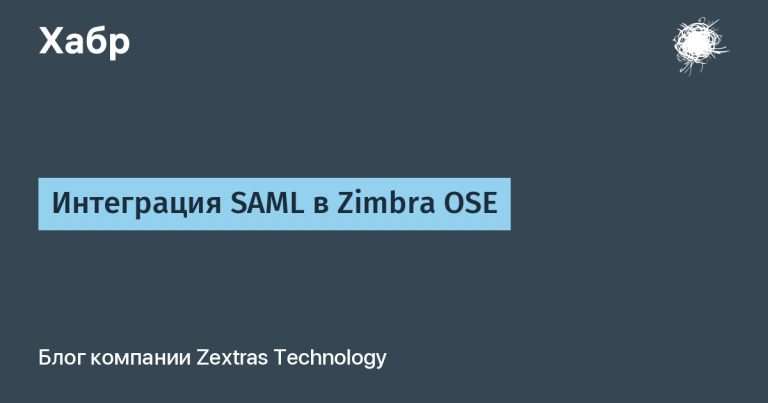What's the secret to lower rental prices for Nvidia chips in China compared to the US?

Hello, this is Yulia Rogozina, business process analyst at Sherpa Robotics. Today I have translated for you an article on a topic that is at the intersection of economics and the technological component of AI development. Namely, bypassing sanctions on the supply of Nvidia chips. Despite the restrictions, renting cloud services using Nvidia chips is significantly cheaper in China than in the United States.
The impact of sanctions on the AI market in China
In the face of tightening export restrictions from the United States, Chinese startups continue to actively develop artificial intelligence technologies. The reason lies in the fact that renting cloud services using advanced Nvidia chips is much cheaper in China than in the United States, indicating that the local market has successfully adapted to modern challenges.
Small Chinese cloud providers offer services with servers equipped with eight Nvidia A100 processors for about $6 an hour, companies and customers say. For comparison, in the US similar services cost about $10 per hour. These price discrepancies suggest that access to Nvidia chips in China is still quite high, despite Washington's attempts to limit the export of advanced technologies.
Parallels with the market
Nvidia's A100 and H100 chips are considered among the most powerful AI accelerators and are widely used to train large language models that power modern AI applications. As of fall 2022, Silicon Valley companies are not allowed to export the A100 to China, and the H100 has never been sold there.
However, according to chip resellers and startups, these products are still available for purchase. On social media and e-commerce platforms such as Xiaohongshu and Alibaba, stocks of the A100 and H100 are heavily advertised, often at prices slightly higher than overseas prices. This shows that despite the restrictions, the Chinese market is finding ways to circumvent the sanctions.
Competition in the cloud services market
Interestingly, larger cloud operators such as Alibaba and ByteDance offer similar servers with the A100 at significantly higher prices – two to three times higher than smaller providers. Once discounts are applied, packages from these companies become comparable to Amazon Web Services' offerings, which range from $15 to $32 per hour.
As one of the founders of the startup notes, large players are forced to worry about compliance with laws and standards, which is why they are in a less advantageous position. “They don't want to use contraband chips,” he says. While smaller providers are less concerned about compliance issues, which allows them to respond faster to market conditions and offer lower prices.
Thus, despite international restrictions, the Chinese market continues to develop and adapt, which opens up new opportunities for local companies in the field of artificial intelligence.
There are over 100,000 Nvidia H100 processors in the country, based on their wide availability in the market. Nvidia's chips are about the size of a book, making them relatively easy for smugglers to carry them across borders, undermining Washington's efforts to limit China's progress in artificial intelligence.
Smuggling and sanctions evasion in the world of AI
“We bought our H100s from a company that smuggled them from Japan,” says the founder of an automation startup who paid about 500,000 yuan ($70,000) for two cards this year. “They cut off the serial numbers.”
Nvidia says it sells its processors “primarily to known partners who work with us to comply with all US export controls.” “Our pre-owned products are available through a variety of secondary channels,” the company added. “Although we cannot track products after they have been sold, if we determine that any customer is violating U.S. export controls, we will take appropriate action.”
Availability and cost
Low internal costs help offset the higher prices companies pay for bootleg Nvidia processors, according to the head of a small Chinese cloud provider. “Engineers are cheap, power is cheap and competition is fierce,” he said.
At the Huachiangbei Electronic Market in Shenzhen, sellers are quoting the equivalent of $23,000 to $30,000 for Nvidia H100 boards. Online sellers list prices in the range of $31,000–$33,000. Nvidia, meanwhile, is charging customers $20,000 to $23,000 for H100 chips after a recent price cut, according to SemiAnalysis' Dylan Patel.
One data center supplier in China said servers made by Silicon Valley company Supermicro and equipped with eight H100 chips reached peak prices of 3.2 million yuan after the Biden administration tightened export restrictions in October. However, prices have since fallen to 2.5 million yuan as supply restrictions have eased.
Black market logistics
Some traders report that sellers from Malaysia, Japan and Indonesia often ship Supermicro servers or Nvidia processors to Hong Kong and then move them across the border to Shenzhen. Experts say the black market relies on complex workarounds to comply with Washington's export regulations.
For example, while subsidiaries of Chinese enterprises are prohibited from purchasing advanced AI chips overseas, their executives can set up new companies in countries such as Japan or Malaysia to handle the purchases.
“It is difficult to fully enforce export controls beyond US borders,” says a US sanctions expert. “That's why the rules create obligations for senders to vet end users, and the Commerce Department adds companies it determines are violating the rules to its prohibited list.”
Thus, despite international efforts to limit China's access to advanced technologies, the market is finding ways to adapt and overcome barriers. With such dynamics of technological progress, it is important to closely monitor developments in this area.





